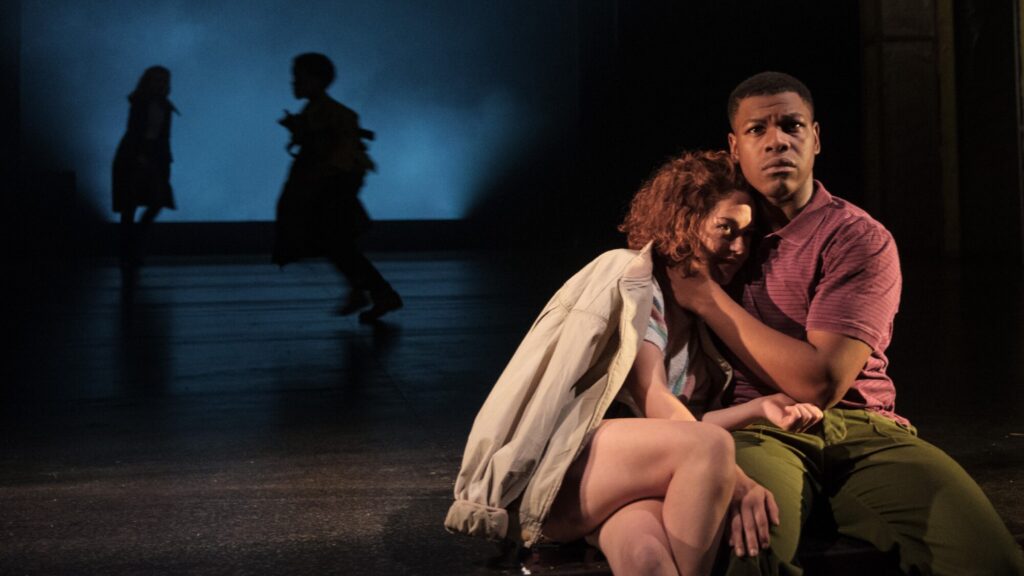
Preface
As a regular theatre-goer, I have long been increasingly dismayed by the growing tendency of directors to disregard the text of great plays at will, and to insert their own often incongruous and always inferior lines, often for a cheap laugh or because they suppose the audience to be too stupid or lazy to understand the original. In doing this, it seems to me that they draw attention to themselves at the expense of the works they are directing.
Although it was a translation (a “new version”) of Büchner’s Woyzeck which provoked me into writing this piece, Shakespeare is inevitably the prime target for the treatment. At the time when I wrote this essay in 2017, the Royal Shakespeare Company’s productions were (as I said) still generally respectful of the original text. That is no longer the case. Indeed, for all sorts of reasons, it is increasingly difficult to find productions of Shakespeare which dare to adopt any form of conventional approach. Alteration of characters’ genders is de rigueur, even when it makes a nonsense of the relationships in the play – as with The Bridge’s Theatre’s recent Julius Caesar, where audiences were treated to Brutus’ friendship with ‘Cassia’, a stunt which incidentally also threw the hero’s relationship with Portia out of kilter. (By all means let us have Glenda Jackson take on the role of King Lear or the marvellous Cush Jumbo play Hamlet; in both those productions, the character remained male.) So it is no surprise that radical alterations to the dramatist’s words are now paraded like a badge of honour. A 2022 Globe production of The Winter’s Tale by Sean Holmes rewrote the entirety of act 4, and in the final act spoiled the lead-in to perhaps the most moving scene in all Shakespeare with a Brexit joke. How disappointing it all was. How depressing that younger audiences are cut off from experiencing Shakespeare’s imagination at work.
And yet how different the world of music is. Not of course in the sphere of opera, where what the Germans call Regietheater places the directors’ ego first, especially when the composer is Wagner. But in the pursuit of musical truth more generally, we thankfully find a quite different spirit at work, which I seek to explore in the second half of this essay.